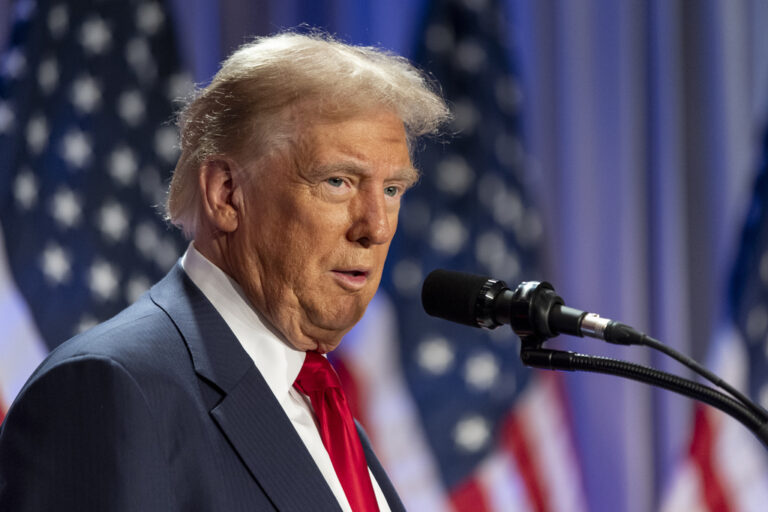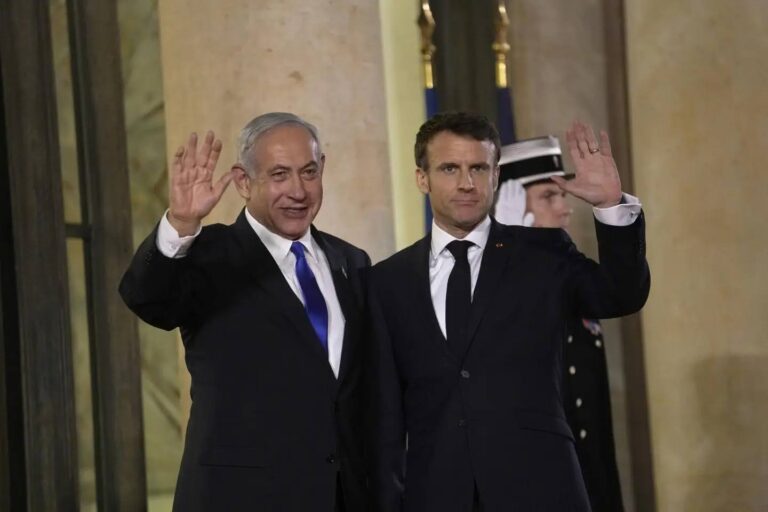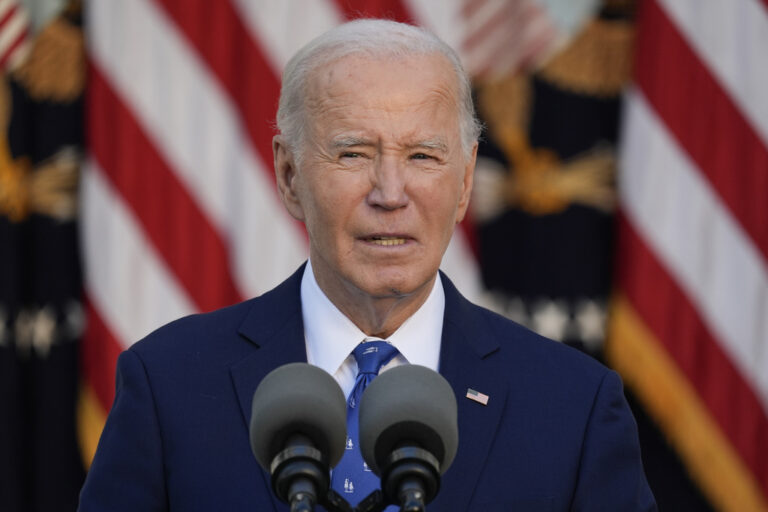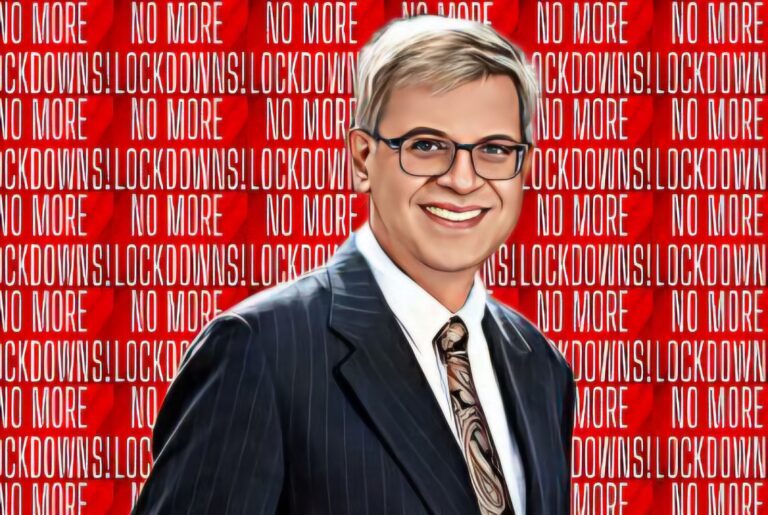 Mike Bloomberg’s presidential campaign-that-never-was had put together a few dozen strategists and staffers. It had set up campaign offices in two states. It had produced television ads calling the former New York mayor and financial media titan “no nonsense, non-ideological, centrist, results-oriented.”
Mike Bloomberg’s presidential campaign-that-never-was had put together a few dozen strategists and staffers. It had set up campaign offices in two states. It had produced television ads calling the former New York mayor and financial media titan “no nonsense, non-ideological, centrist, results-oriented.”
The New York Times reported it all following Bloomberg’s announcement that he would not run because of the risk it created of Donald Trump being elected.
But the most interesting detail about the billionaire’s preparations was who Bloomberg was reportedly going to ask to be his running mate.
Michael Mullen, the retired admiral and former chairman of the Joint Chiefs of Staff, had been vetted by Bloomberg’s legal team and the two had undergone “extensive talks,” the Times reported, with only a formal invitation remaining.
Talk of vice presidential running mates is starting to heat up, and none of the remaining contenders has served in the armed forces. Meanwhile, GOP front-runner Donald Trump is being called out by retired military leaders for his positions. “Somebody needs to remind Mr. Trump that the military is not his palace guards,” Ret. Army Lt. Gen. Mark Hertling said Monday.
Had Bloomberg entered the campaign, and had Mullen been on the ticket, he would have had few peers. While many running mates have been veterans of the armed forces, only two other candidates for vice president in the modern, post-World War II era have been generals, admirals or other career military leaders.
And they both ran as independents.
The most recent was U.S. Navy vice admiral James Stockdale, who was Ross Perot’s running mate in 1992. He had retired from the Navy in 1979 and then worked at Stanford University’s Hoover Institution, a conservative think tank. He was a Vietnam War hero who was tortured — the highest-ranking naval officer held as a prisoner of war in North Vietnam; he had also been president of the Naval War College and briefly, The Citadel. Readers of leadership guru Jim Collins will recall his description of the “Stockdale Paradox,” the concept of combining realism with optimism to survive extraordinary difficulty.
His selection as Perot’s running mate was supposed to be temporary, but he ultimately remained in the race, even participating in the vice presidential debate. That’s where Stockdale, who had difficulties with his hearing aid during the debate, opened with his famous rhetorical question, perhaps thought but not uttered by vice presidents through the ages: “Who am I? Why am I here?”
Before that was Gen. Curtis LeMay, a controversial giant of U.S. Air Force history who ran on former Alabama Gov. George Wallace’s independent ticket in 1968. He led key bombing raids in both Europe and Japan during World War II, headed the U.S. Strategic Air Command for 10 years and ultimately became chief of staff of the U.S. Air Force, retiring in 1965.
Before being selected to run on Wallace’s ticket, LeMay was “last seen in ‘Dr. Strangelove,’ ” quips Duke University political scientist John Aldrich, referring to the similarities many found between LeMay and the deranged character Gen. Jack D. Ripper in Stanley Kubrick’s 1964 Cold War satire. (When LeMay was told by the director of a secret panel in the 1950s that one of his strategies was not national policy, he was said to have replied, “I don’t care. It’s my policy. That’s what I’m going to do.”)
Of course, military leaders have often run for president — some memorably, some less so. Dwight D. Eisenhower was the only U.S. president in the 20th century who was a former U.S. general. But others have run, including Gen. Wesley Clark in 2004 and Maj. Gen. Leonard Wood, a U.S. Army chief of staff who went into the deadlocked 1920 Republican convention with the most delegates, but lost to Warren Harding.
They’ve “run for president more often than you’d think” throughout history, or openly considered running, says Richard Kohn, a professor emeritus of history at the University of North Carolina, Chapel Hill. Of course, “most of them fail.”
Why have so few military leaders been nominated for vice president?
For one, Aldrich says, few generals have the name recognition that could help add spark to the ticket. “Generals are pretty anonymous today,” he says, noting the few exceptions — retired generals David Petraeus, say, or Stanley McChrystal, have seen their careers end in ways that make a presidential bid unlikely.
Another reason could be that senior military leaders — even if they’ve spent most of their careers taking commands from others — might not be interested in sitting in the second spot. “That heroic person’s not necessarily going to take the No. 2 spot,” Aldrich says.
But UNC’s Kohn says the real reason is that the traditional parties tend to pick running mates who can help reinforce or fill gaps in their resume among a group of voters in their party.
“They’re usually trying to provide some kind of political bump or political energy or political attractiveness with their VP nominee in such a way as to carry a state or a region or to send some sort of a message,” he says.
Independent candidates, meanwhile, appear more apt to choose military leaders because it’s a way to emphasize to voters that they’re nonpartisan, Kohn says.
While it’s hard to know how many military leaders might have been asked but turned a candidate down — the primary system inevitably means there are more would-be presidential candidates than vice presidential nominees — Kohn thinks that with the exception of a few big names (former Gen. Colin Powell, say) he doubts many generals make it onto the short lists for No. 2.
“I don’t know how much politicians trust the military,” he says. “They’re known to be nonpartisan and independent minded, people of great integrity, moral strength and professionalism. Would they subordinate themselves? Would they pander? Would they spin? Would they promote policies they didn’t completely embrace?”
“To be a political leader is not to be morally reprehensible,” he says. “But it’s to adopt a set of norms and values and professional behaviors that are not exactly congruent with those of the military.”
Then again, even if members of the military brass are asked, they might not want the job. The philosophy they grow up with in the military is to remain strictly nonpartisan, though the number of political endorsements from military leaders has been growing, Kohn says.
(“I am a general for life, and I should remain true to our professional ethos, which is to be apolitical for life — unless I run,” retired Chairman of the Joint Chiefs of Staff Gen. Martin Dempsey said of endorsements in 2014.)
Says Kohn: “Many, if not most of them, think politics is a dirty business. They spend their whole lives in a kind of nonpolitical role.”
(c) 2016, The Washington Post · Jena McGregor










